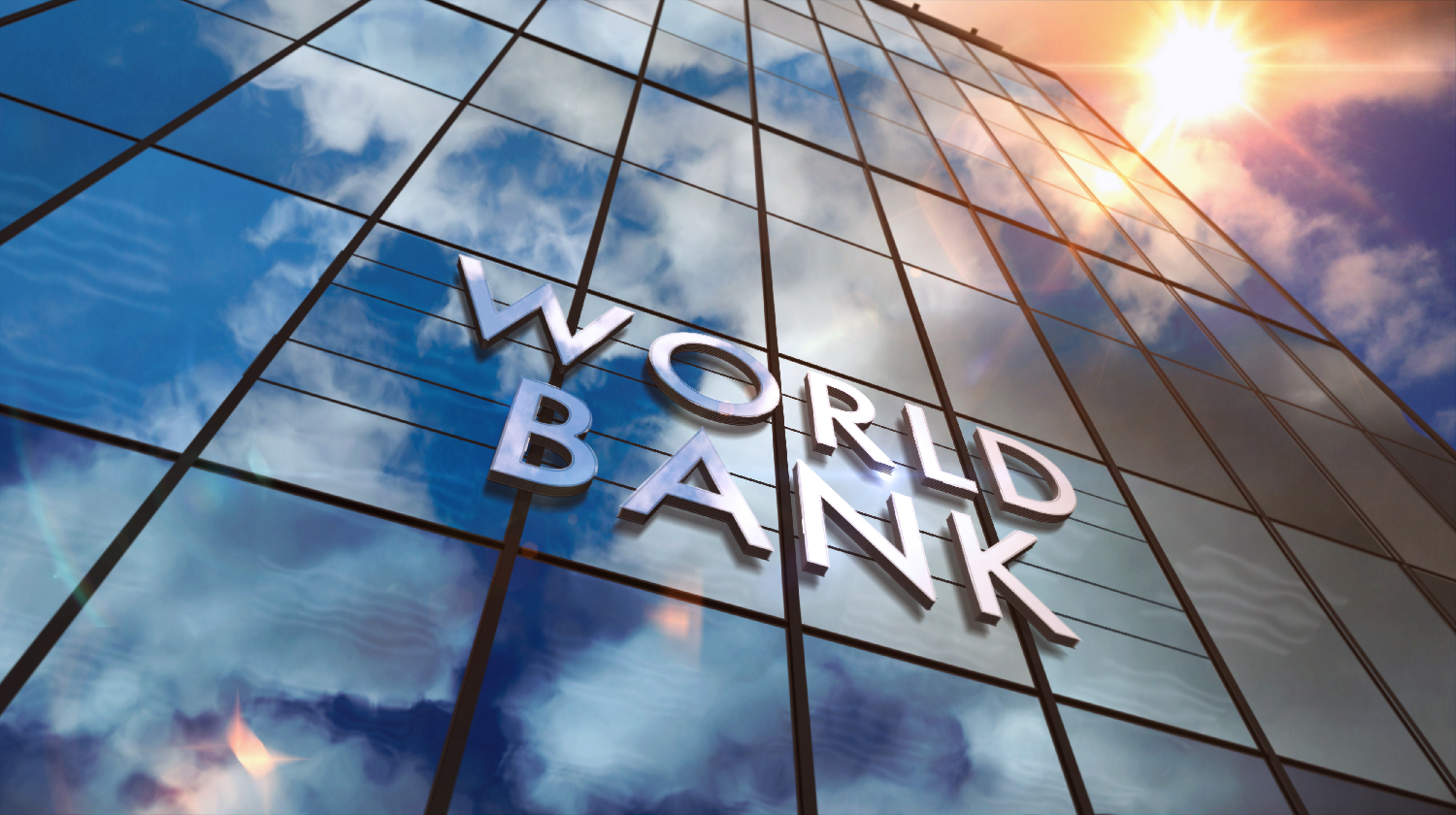
-
Published: 03 April 2023

World Bank President David Malpass has expressed concern about some of the loans China gives to developing economies in Africa.
Edited by | Huxina
Exclusive section
3 April 2023
Malpass told the BBC that the terms and conditions of these loans should be "more transparent".
This comes amid concerns that a number of countries, including Ghana and Zambia, are finding it difficult to repay their debts to China.
China says all its loans were in accordance with international law.
Developing countries usually resort to borrowing from other countries or international financial institutions to finance sectors that will develop their economies, such as infrastructure, education, and agriculture.
But the sharp rise in interest rates in the United States and in other major countries over the past year has made repaying debts more expensive, because most of the borrowings were in foreign currency, such as the US dollar or the euro.
It is more difficult for developing economies to repay debts because the value of their local currency is also depreciating.
"It's a double difficulty," says Malpass. "It means growth will be much slower."
In order to address this issue and its repercussions, US Vice President Kamala Harris visited three African countries this week, during which she pledged financial support to Tanzania and Ghana.
There is intense competition between China and the United States over influence in the African continent, which is rich in natural resources, including minerals such as nickel, which is used in the manufacture of batteries necessary for electric vehicle technology.
Harris spoke about the nickel conversion plant in Tanzania, noting that the project will export its products to the United States and other markets, by 2026, and that it will help "address the climate crisis, enhance international market supplies, and create new industries and jobs."
Malpass praised the cooperative formula, saying that competition between the world's two largest economies "may have been beneficial for developing countries," because it gives borrowing countries multiple options.
He said: "What I urge them to do is to be more transparent in their contracts, and this is among the problems. If you wrote a contract, and you said not to show it to anyone but you, this is a defect, and you should stay away from that."
There is also a warning that "African governments should not give guarantees as an incentive to obtain loans, because in doing so they will limit themselves for decades, which is what is happening now with China."
China has become one of the largest sources of loans for developing economies in recent years. A new study, prepared by the Keele Institute, showed that China granted, global, loans the rest of $ 185 billion, in the form of financial rescue plans, in 22 countries, between 2016 and 2021.
China denies it takes advantage of other countries with its financial support.
China "respects the will of these countries, has never forced any country to borrow, has never forced any country to repay, does not include any political conditions in borrowing agreements, and does not seek to any political interest.
These problems are not limited to Chinese financing, Malpass said, but things are improving.
He added, "If we look at the history of Western loans, sometimes they were not in the interest of the people of the borrowing countries. Even World Bank loans were not always in the interest of the borrowing country."
He continued, "What we are trying to do now, and I think everyone should try to do, is to improve the quality of loans."
He said, "Among the methods that we recommend is dismantling the loan. If we talk about an investment project to manufacture a train, for example, we have to describe the project and determine its cost, and then find financing."
{source}<script async src="https://pagead2.googlesyndication.com/pagead/js/adsbygoogle.js?client=ca-pub-4474625449481215"
crossorigin="anonymous"></script>
<!-- moss test ad -->
<ins class="adsbygoogle"
style="display:block"
data-ad-client="ca-pub-4474625449481215"
data-ad-slot="6499882985"
data-ad-format="auto"
data-full-width-responsive="true"></ins>
<script>
(adsbygoogle = window.adsbygoogle || []).push({});
</script>{/source}
